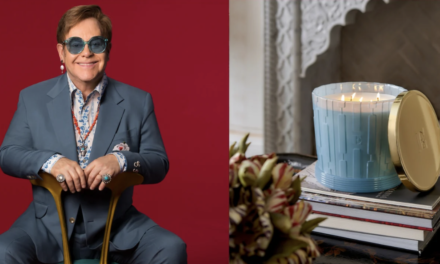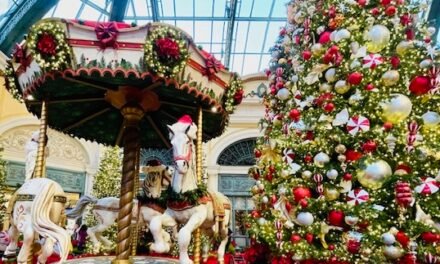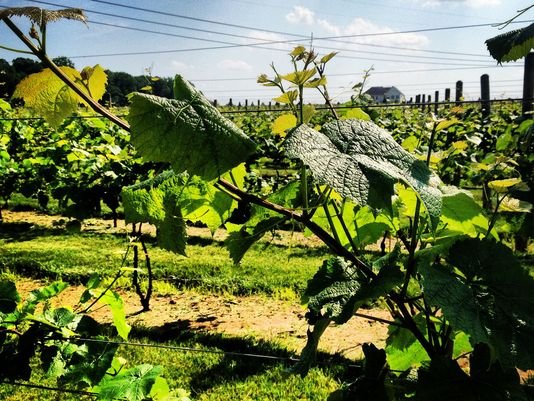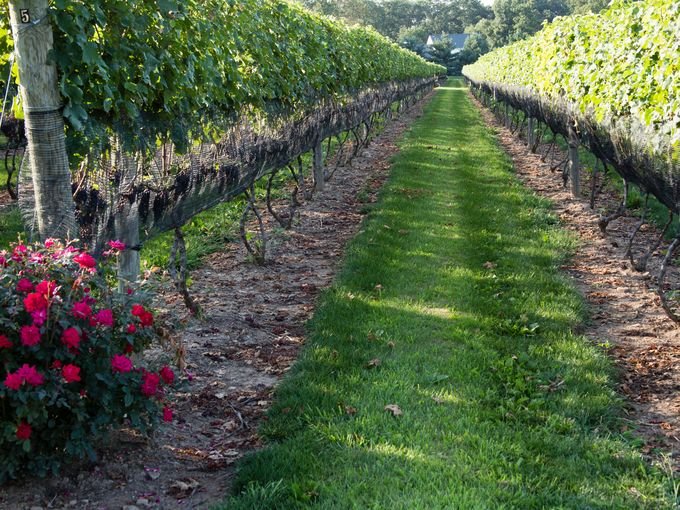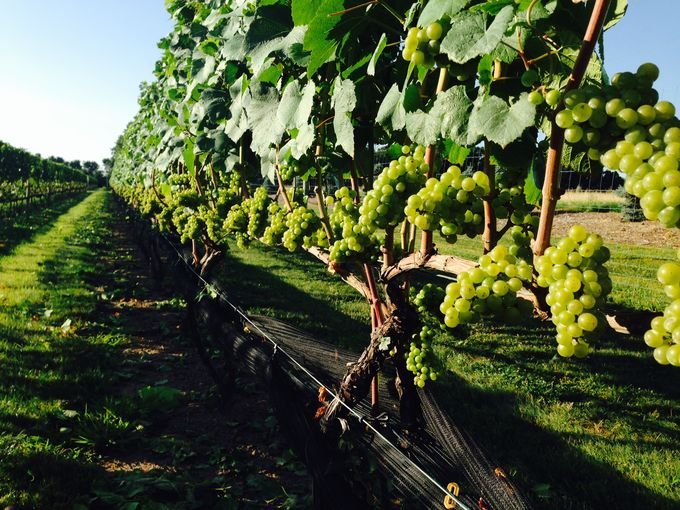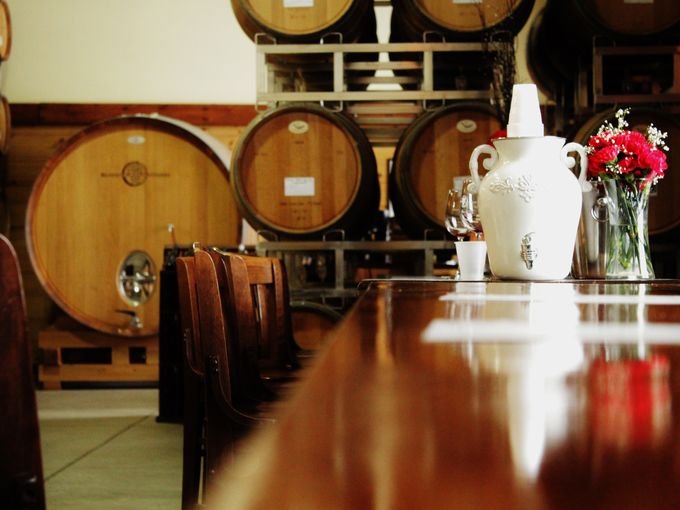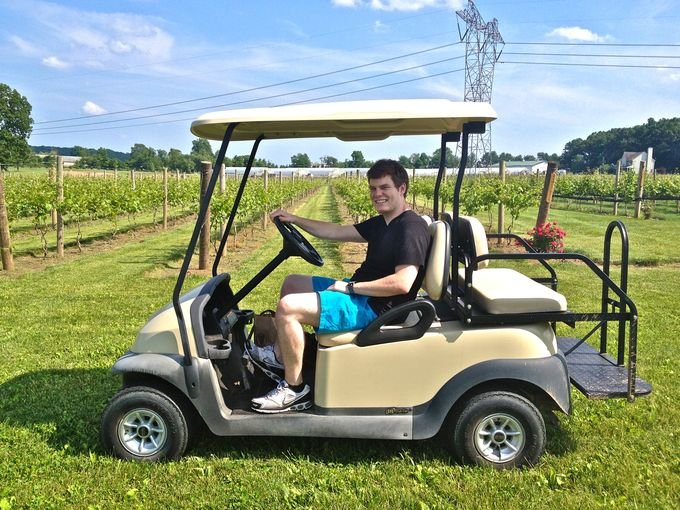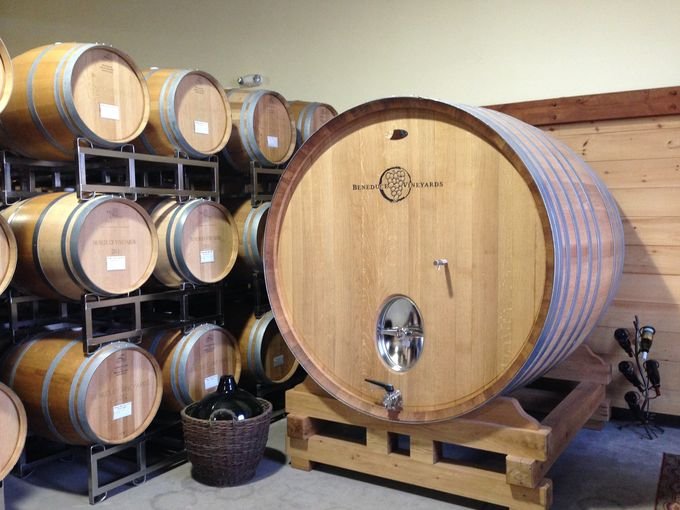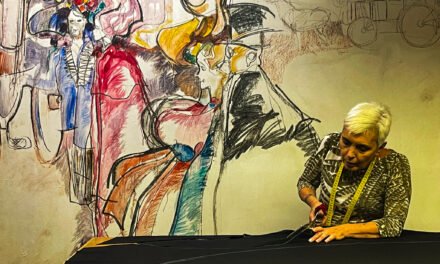
Winemaking De-mystified at Beneduce Vineyards
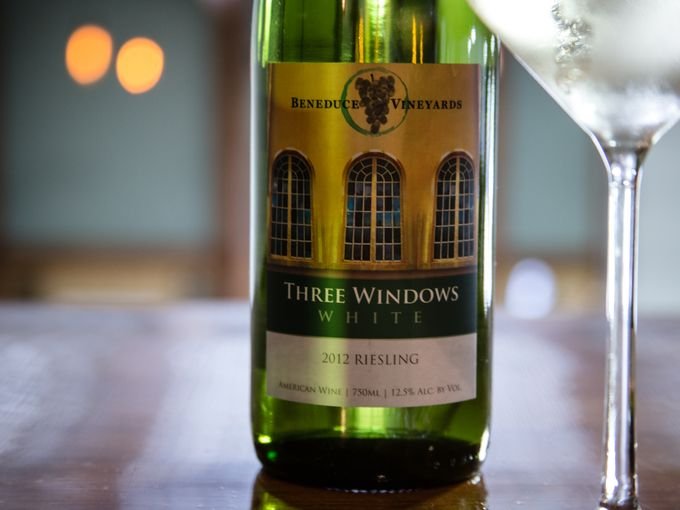
A wine connoisseur I am not, but I’ve definitely made an effort to visit local wineries, whether I’m in San Gimignano or Seneca Lake for the weekend.
This has been especially true for the wineries that are in my New Jersey backyard; these include the Four Sisters Winery in Belvidere, Cape May Winery in Cape May and Amalthea Cellars in the Atco section of Waterford Township.
One thing I have noticed is that in the United States, wine isn’t for kids. This doesn’t come as a real shock. In America, wine isn’t a part of our daily lives. Instead, we sip it at white-tablecloth dinners under chandeliers.
However, Beneduce Vineyards in Alexandria Township is working to quash that notion with as much ferocity as they squash a barrel of grapes.
“We have a very unpretentious view of wine and we brought that down-to-earth attitude to the winery with our design,” said Mike Beneduce Jr., who owns the winery with his father, Mike Beneduce Sr., and sister, Justen Hiles.
When I entered the winery’s production, aging and tasting center, housed inside a 7,000-square-foot barn on the rolling green hills of Hunterdon County, the entire once-mysterious wine-making process was before me. Walking through an aged door from an old English church, I was greeted by a tasting bar fashioned from a counter top that was formerly housed inside a 19th-century English storefront.
The open-kitchen concept of the winery allows visitors to interact and understand winemaking, rather than to keep it shrouded in secret.
“It’s really just fermented grapes, and we wanted people to see that,” said Beneduce.
For $5, visitors can taste five current wines and take home a wine glass — or they can add a meat-and-cheese pairing for a $10 tasting, no reservations needed. Seating is available at the tasting bar inside the barn or outside on the heated stone patio.
On-site wine experts talk visitors through each wine, and at the end of the tasting, the winery hands over keys to a golf cart so visitors can cruise the vineyards either with a wine expert or on their own. It’s no surprise that during a busy summer or fall weekend, the winery can receive as many as 500 visitors.
There’s a reason why Beneduce has never seen wine as something reserved for first-class gatherings; he was making it long before he put on his first suit.
“We have been making wine in our basement since I was two or three years old,” he said. “I have photos of myself in diapers wearing purple-stained pants.”
Before Beneduce was making wine in his basement with his parents, his ancestors had been doing the same since they emigrated from Italy in the 1900s, making him a fourth-generation grower. So it was only natural for him to graduate with a bachelor’s degree from Cornell University (in 2010) in viticulture and enology tailored to cool-climate grape growing.
The family also owns Great Swamp Greenhouses in Gillette, and when they grew to their capacity in 2000, they purchased the 50-acre property that is now the winery, to supplement their landscape stock. Then they decided to give winemaking a try and the facility opened in July 2012. It now houses 16 acres of grape vines, with expansions in mind.
“Since we are growers, it was natural for us to say, ‘Hey, can we grow grapes here?’ Now, our biggest problem is that we are selling the wine faster than we can make it,” said Beneduce.
Beneduce Vineyards focuses on premium wines that tend to be dry, European styles that work well with food, so no sweet or fruit wines. Beneduce said that this is because he was always taught that drinking wine should be paired with food, and he makes his wines to reflect that.
Due to the well-drained soil and south-facing slopes with sufficient sunlight exposure, the winery makes cool-climate aromatic varieties such as whites, including Chardonnay, Riesling and Gewürztraminer, and reds, including Pinot Noir, Cabernet Franc and an Austrian red named Blaufränkisch.
Once Beneduce realized that the growing area in Austria was identical to that of Central Jersey, he had solved the matchmaking mystery.
“Even though some of the wines we decided on were not grapes that other local wineries had been focusing on, I was convinced that they would work here,” he said.
When Beneduce makes these kinds of decisions for the winery, he does so knowing that he is in this for the long haul.





